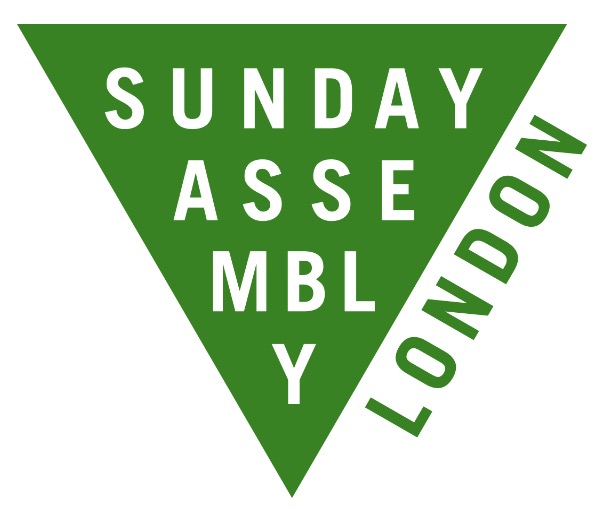 Today we are introducing the fifth in our series of blog posts from Anita Marsden – Clinical Psychologist, lover of life and member of Sunday Assembly Brighton’s organising committee.
Today we are introducing the fifth in our series of blog posts from Anita Marsden – Clinical Psychologist, lover of life and member of Sunday Assembly Brighton’s organising committee.
———————————-
We all know what it feels like to do something well, to have that sense of internal satisfaction, or to be praised by someone else for your actions. It’s good to succeed. Sometimes achievement or success is short lived. For example, when we play and win a game on the computer, we feel good until we hit the ‘play again’ button. Sometimes the feeling can last a very long time, especially when we relive the achievement in our mind, or savour it by talking to others.
Since I wrote the last PERMA blog installment I’ve probably experienced the biggest achievement of my life; I’ve had boy girl twins. They’re now 12 weeks old and might have something to do with why there has been a delay in me writing this. Interestingly, I thought I was mostly doing this for the Meaning bit of PERMA, sacrificing my happiness in the short term as I’d read about (see the M For Meaning blog post for more on that). However, since I’ve had them I cannot tell you the number of people who have congratulated me and specifically called me a ‘clever girl’, as if I did something extraordinary. To me it feels as though it’s just natural. What I had to do rather than something which required some special skill or achievement on my part or that I could have chosen not to do. Obviously they were coming out whether I liked it or not! But since the main event, which as it happens I quite enjoyed, I have definitely felt a huge sense of achievement; keeping them alive everyday, learning to change nappies, tandem breastfeeding (hands free!), eliciting smiles, getting one or sometimes both to sleep… The list goes on. It can though be hard to separate out the sense of achievement from positive emotions, feelings of engagement, my new and developing relationships and the overall meaning.
However, in some situations there may be some people who strive for achievement and success on its own. Money makers, success seekers, gamblers. People who accumulate money, material things or are always working towards the next rung on the ladder. Possibly even cheating to achieve what they want. So, although a sense of achievement contributes to our wellbeing, alone it may not make much impact without all the other aspects I’ve written about.
So to round off this series of blog posts I’d like to leave you with two exercises, one achievement related and one that covers all aspects of the PERMA model.
Firstly, I’d like you to think over some of your latest achievements, successes and accomplishments. Select one, big or small and slowly savour it, thinking it through from start to finish, pausing on specific moments. If you feel able, perhaps share this achievement with someone else; what details made it an achievement for you and how did you feel? It’s ok to be proud!
Secondly, I’d like you to think over each aspect of the PERMA model; Positive emotion, Engagement, Relationships, Meaning and Achievement. Think about how you are fulfilling each of these in your current life. Then draw out five circles, each of varying sizes depending on how much of each aspect of PERMA there is currently in your life. For example, if you’re working your PhD you may be striving towards this achievement at the exclusion of seeing friends, or doing much fun stuff right now. You might find your relationships and positive emotions circle to be relatively small compared to your achievement, meaning and perhaps engagement circle. The idea of this exercise is to do a quick wellbeing stock take and see what areas you might want to expand on.
If you’ve enjoyed this series of blog posts and want to learn more about positive psychology, and specifically about the PERMA model I highly recommend reading ‘Flourish’ by Martin Seligman.

